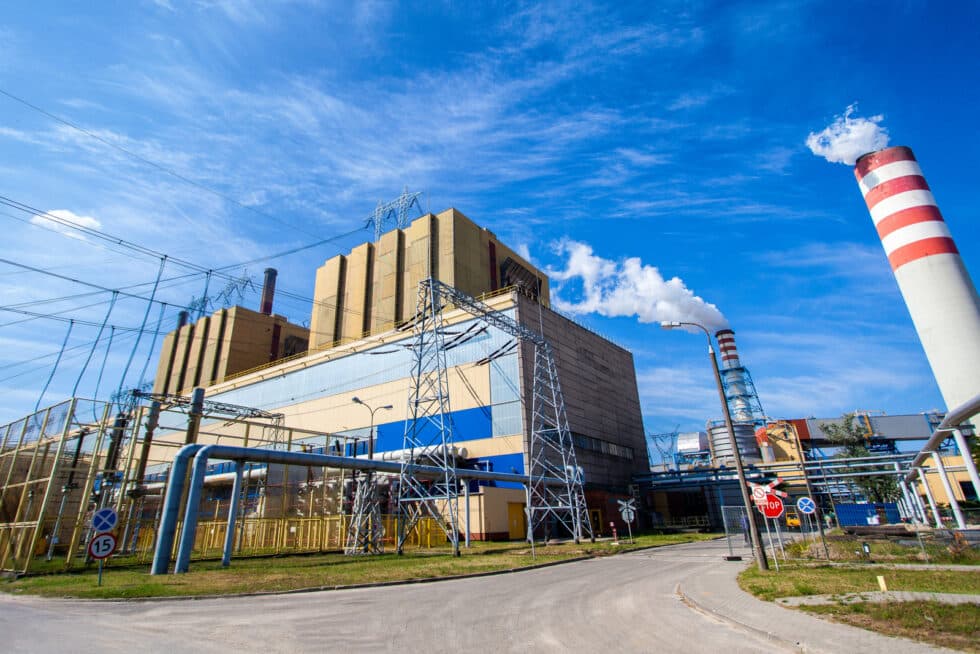Poland’s government has outlined details of the billions of zloty it is proposing to pay state energy firms to buy their coal assets. The move is part of a process to create a new separate entity to gradually wind down the use of coal and allow other energy firms to focus on developing lower-emission sources.
The four firms – PGE, Tauron, Energa and Enea – on Friday received a proposal from the state assets ministry on behalf of the state treasury. It outlined purchase prices and debt settlement mechanisms that will now be negotiated further.
Enea would receive almost 2.5 billion zloty (€560 million) for its shares in Enea Wytwarzanie – Poland’s largest producer of electricity from hard coal – and 632 million zloty for Enea Elektrownia Połaniec, a coal power plant. The state treasury will also provide guarantees covering up to 70% of 2.4 billion zloty in debts owed to Enea by the subsidiaries.
A similar purchase amounting to 849 million has been proposed to PGE, 153 million to Energa and a symbolic 1 zloty to Tauron. PGE and Tauron have also been offered deals relating to debt owed by their subsidiaries.
The state assets ministry notes that the offer made on Friday is part of the “final phase” in setting up an entity called the National Energy Security Agency (NABE), which was approved by the government last year.
NABE is being created to take control of state energy firms’ coal assets, which in turn is supposed to help those firms more easily obtain financing for investment in cleaner forms of energy.
Poland still produces around 70% of its electricity from coal, by far the highest proportion in the European Union. While the government still sees coal remaining the main source of energy for some time, it has taken steps to transition towards renewables and nuclear, which together will generate three quarters of power by 2040.
“NABE will guarantee energy security in the transformation process,” wrote the ministry on Saturday. It noted that, as a result of EU climate policies, “financial institutions have been limiting their involvement in financing entities with coal assets”.
Wojciech Dąbrowski, the CEO of PGE, said that he welcomed the ministry’s proposal, which would help his firm with “obtaining financing for investments in line with the strategic direction that we – as a leader of the energy transformation in Poland – have set for ourselves”.
Shares in the four state energy firms subject to the proposal rose this morning – 30% for Enea, 24.7% for Tauron, 20% for PGE and 4% for Energa – notes financial news service Bankier.pl
Under plans being developed by the government and state energy firms, Poland’s first nuclear power plant is due to open by 2033, with two more to subsequently follow.
A number of state and private firms are also developing plans to launch so-called small modular reactors (SMRs) to produce nuclear energy.
Recent years have seen a rapid expansion in renewables, especially solar, in Poland. The government and state energy firms are also planning to develop both offshore and onshore wind in the coming years.



